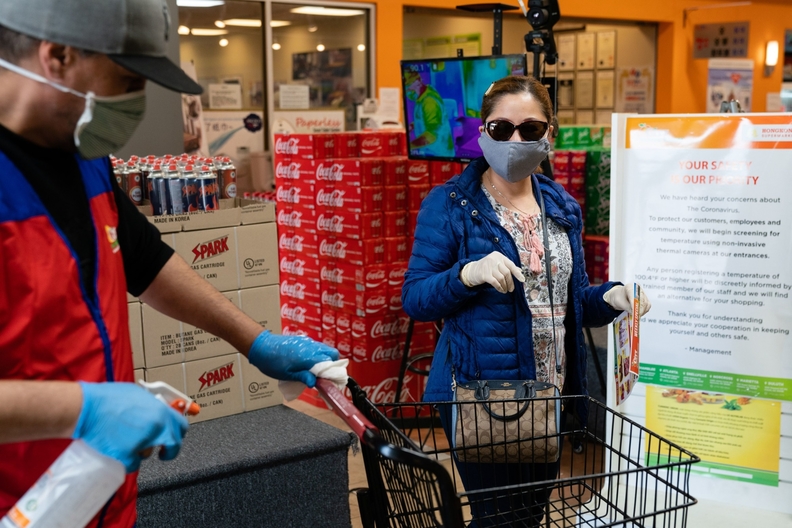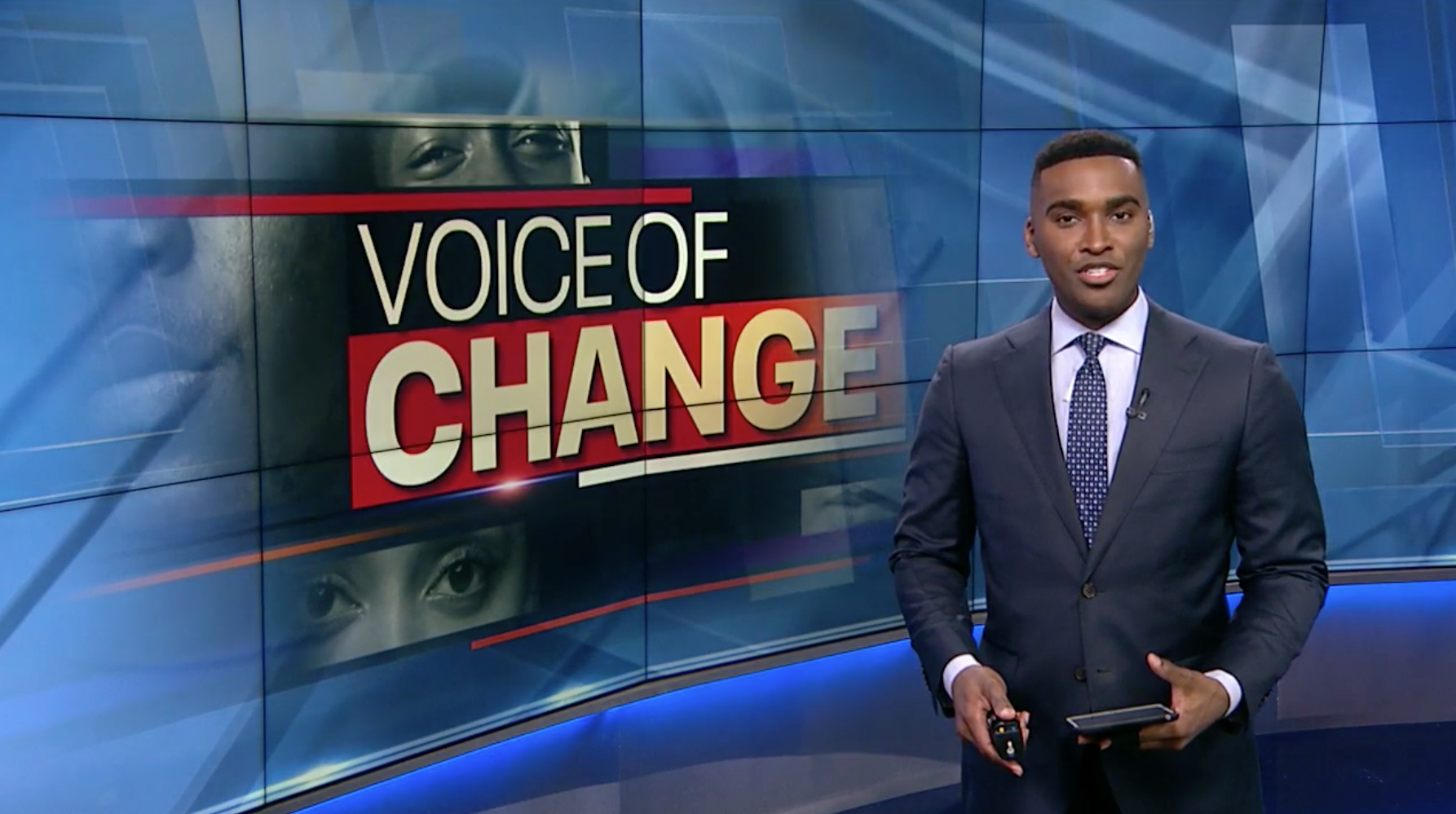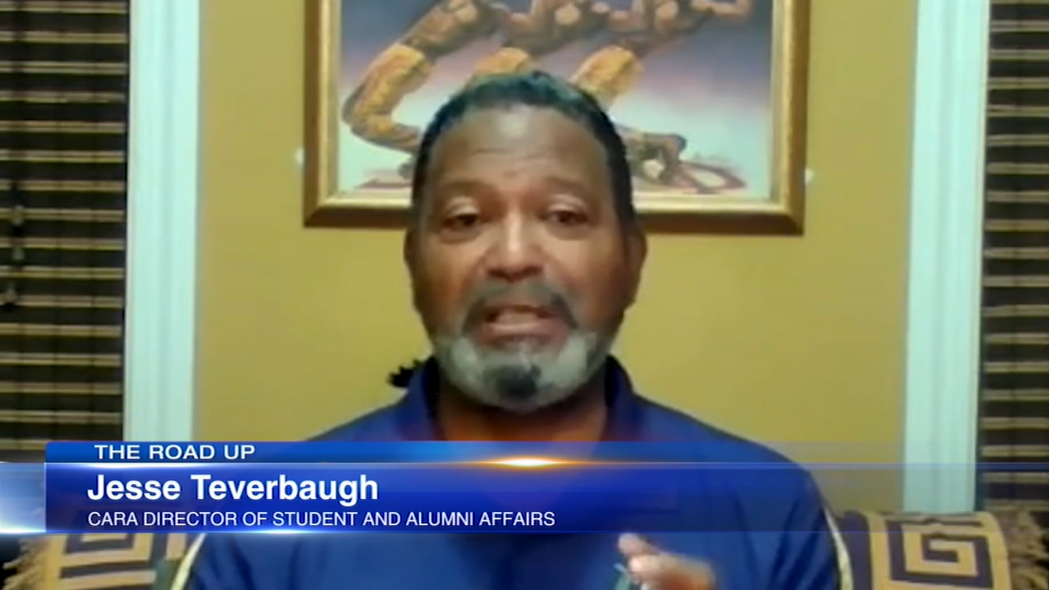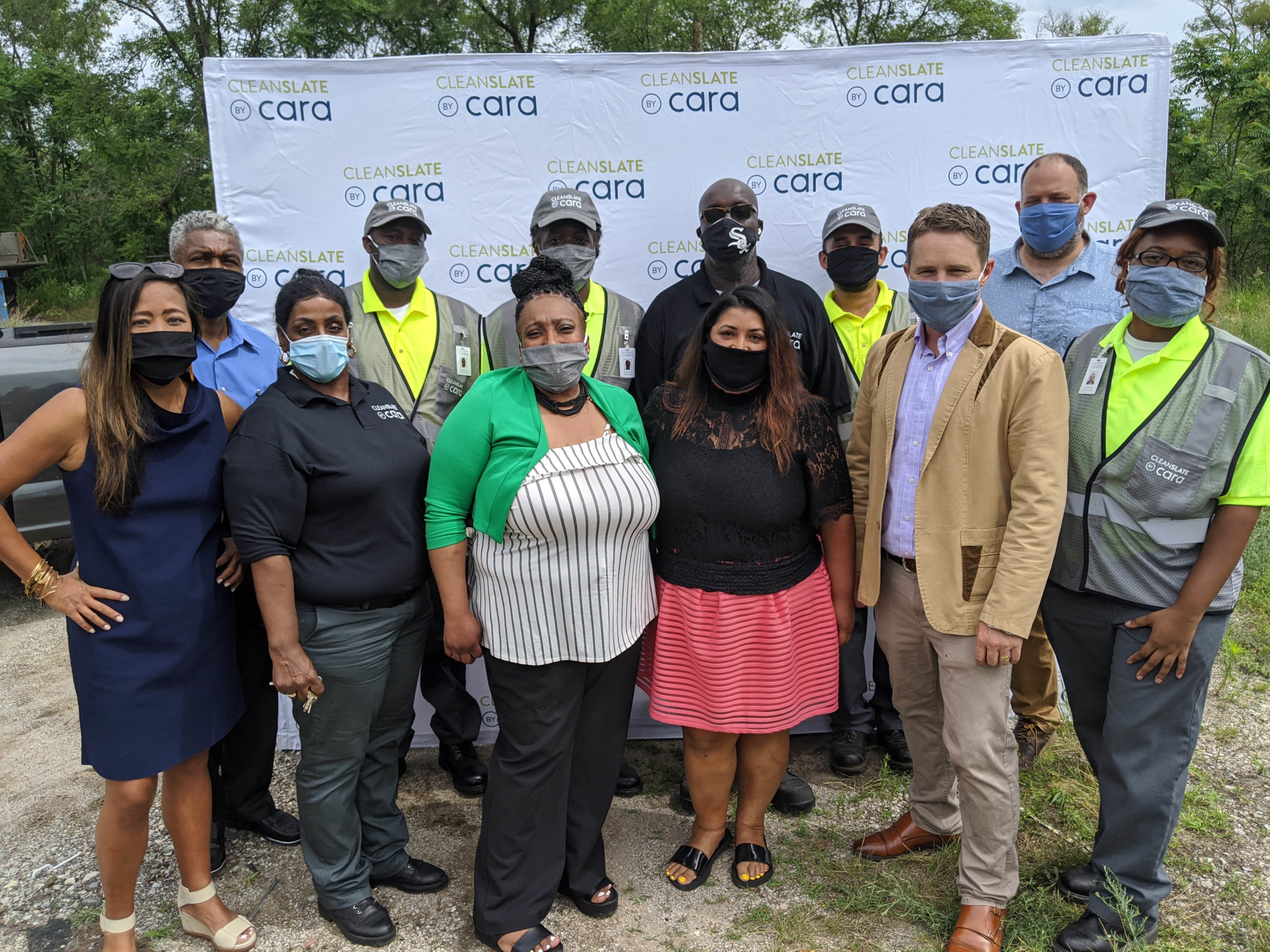Our country’s talent lies with our essential workers

Might our dependence on this talent pool during this incredible time in our country make us truly see them for the assets that they are?
Originally published in Crain’s Chicago
Our front-line workers are the ones who are leaving the safety of their homes, who often live in precarious housing themselves, rely on public transit, have challenges with child care, are blocking and tackling multiple and concurrent obstacles that are part of experiencing poverty in our country. They are the ones who are keeping us fed, clean and safe.
Might our dependence on this talent pool during this incredible time in our country make us truly see them for the assets that they are?
These workers, now deemed “essential” under the governor’s stay-home order, have overcome countless adversities that don’t pin easily to a resume, but manifest in lived experience that builds character, develops skills and creates a persistence and a resilience that carries the type of contribution for which I am infinitely grateful.
Make no mistake, I am also so grateful to our health care professionals, our scientists and our first responders. Their selflessness, quiet leadership and unrelenting commitment to public health is a profound and extraordinary expression of patriotism and duty.
But we must also recognize the rapidly emerging, and today widely unrecognized, leaders in our first line of defense—the janitors who do the deep cleaning of our commercial structures so business can resume, the grocery store and food service employees who keep the shelves stocked as best they can and get us checked in and checked out so our families can eat, and the sanitation crews who ensure our neighborhoods remain clean and safe.
In Chicago, we call ourselves the city of broad shoulders—a riff off of the hard-working muscle of our city, the energy that courses through our veins with the momentum and the intention of the rolling Chicago river. This name evokes one of the most beautiful sentiments of a community—that I stand not because of my own two feet exclusively, but because I am boosted by the broad shoulders of those who came before me.
With that sentiment in mind, is it not time for us to re-examine how we value our fellow worker, for us to look for and recognize and realize the leadership in others, not the CEOs and the C-suite, but those on the front line? If we can work now to shift our perspective on where talent lies in our country, we can build the foundation for a more inclusive employment structure that could mobilize more people back to work.
The reality is that before we hit this incredible moment, the tight labor market was already widening the aperture on who employers would hire. Couple that with a burgeoning interest on the part of the private sector to not just do well, but do good in the process, and we were on the precipice of some real change.
This crisis doesn’t mean we should stop thinking the big thoughts—the thoughts that were the manifestation of our best selves, the best leaders we could be in this work, the leaders who would leverage the assets we have as a means to lift up the assets in others.
We had the will just a few moments ago. Hopefully we can get it back as we see—and benefit from—the front-line workers who keep us fed, clean and safe.
Maria Kim is president and CEO of Cara Chicago, a nonprofit helping those impacted by poverty find and retain jobs.


